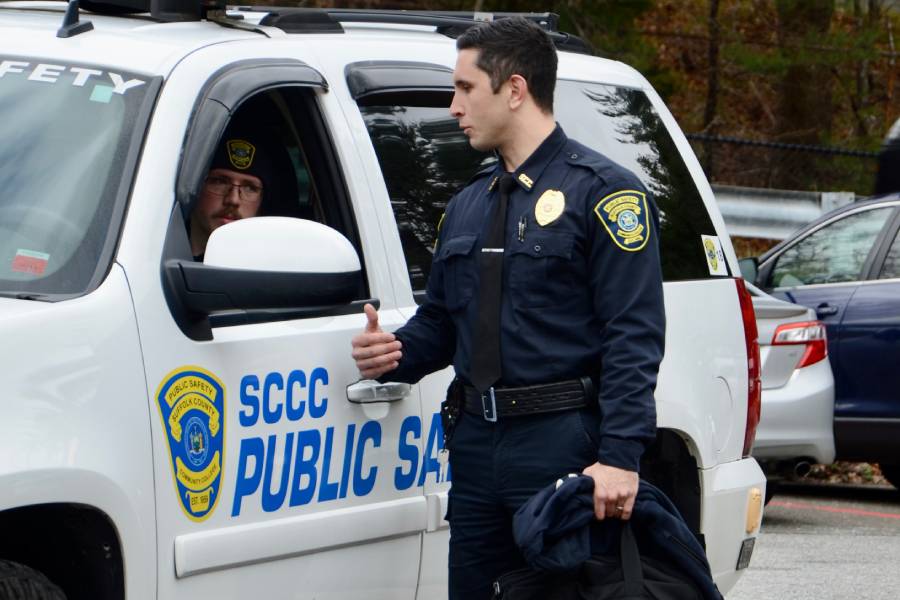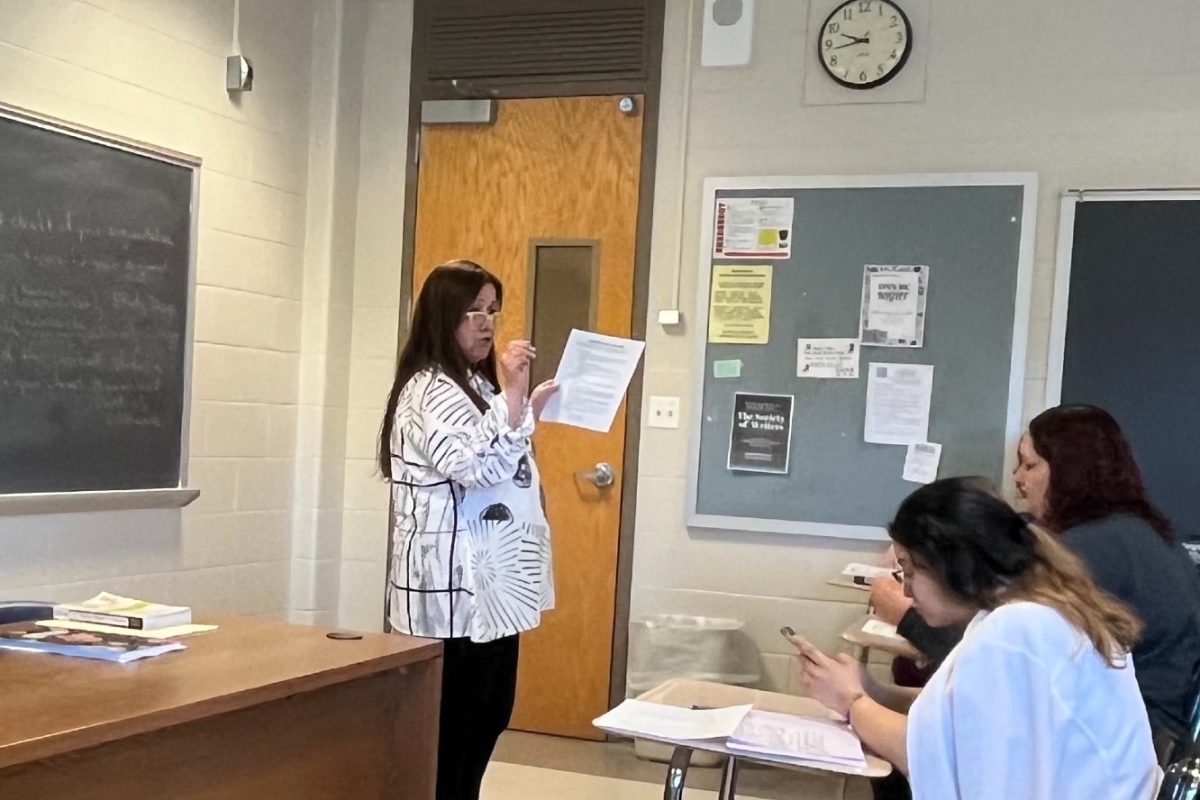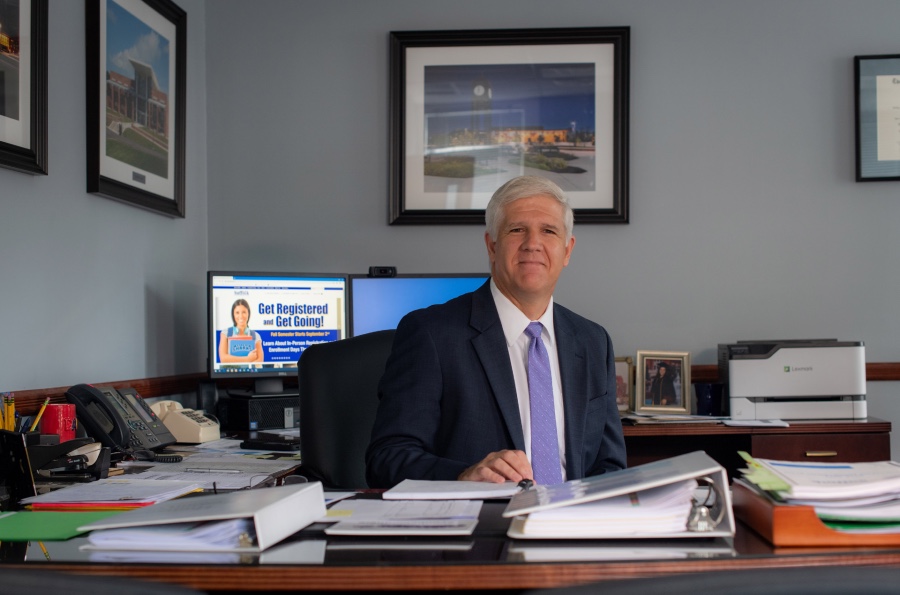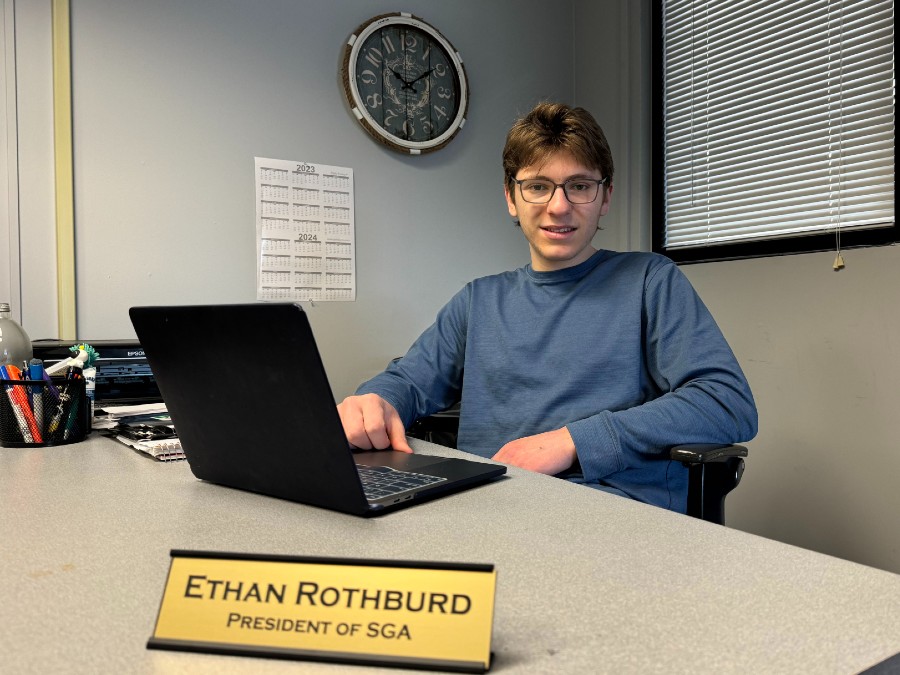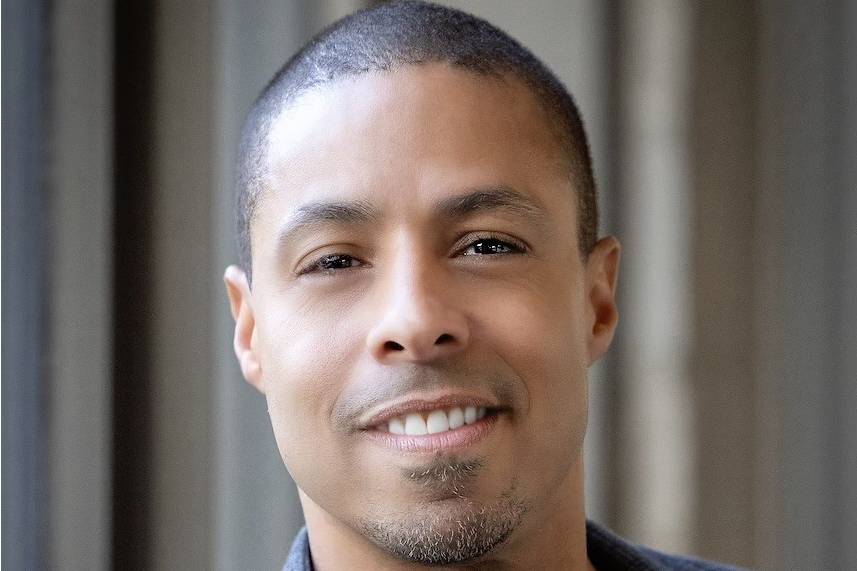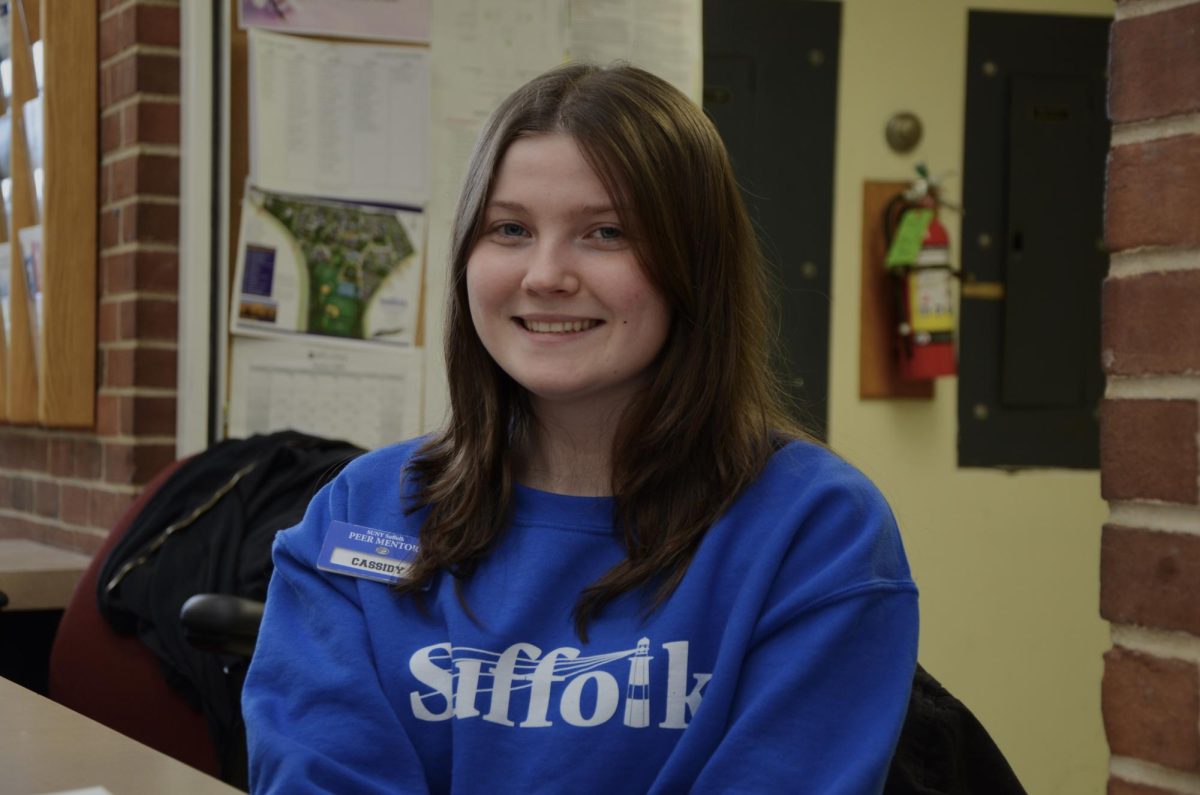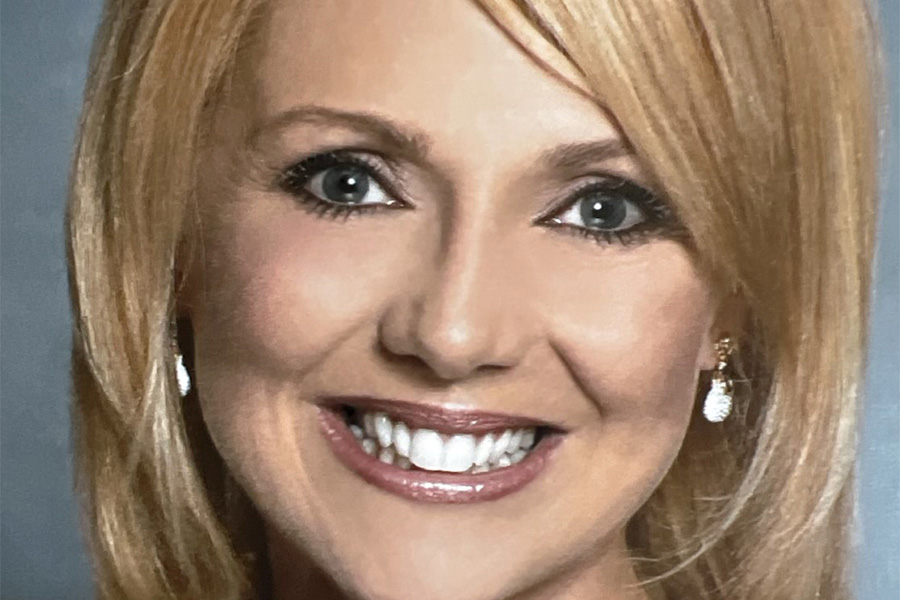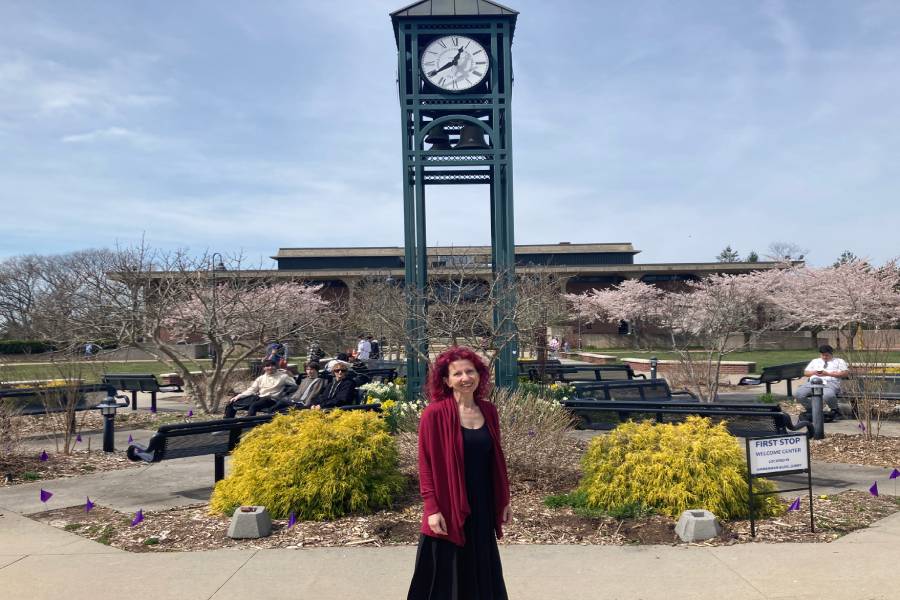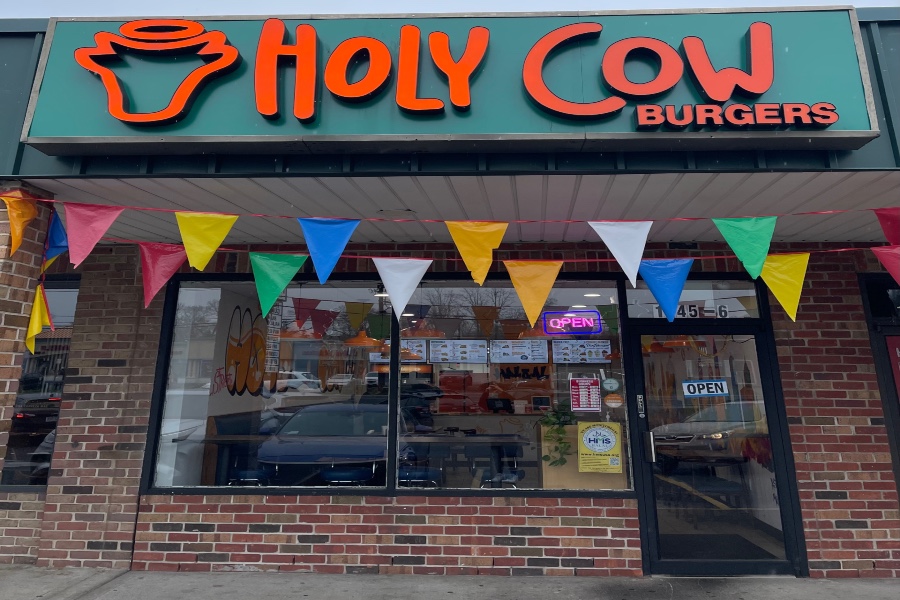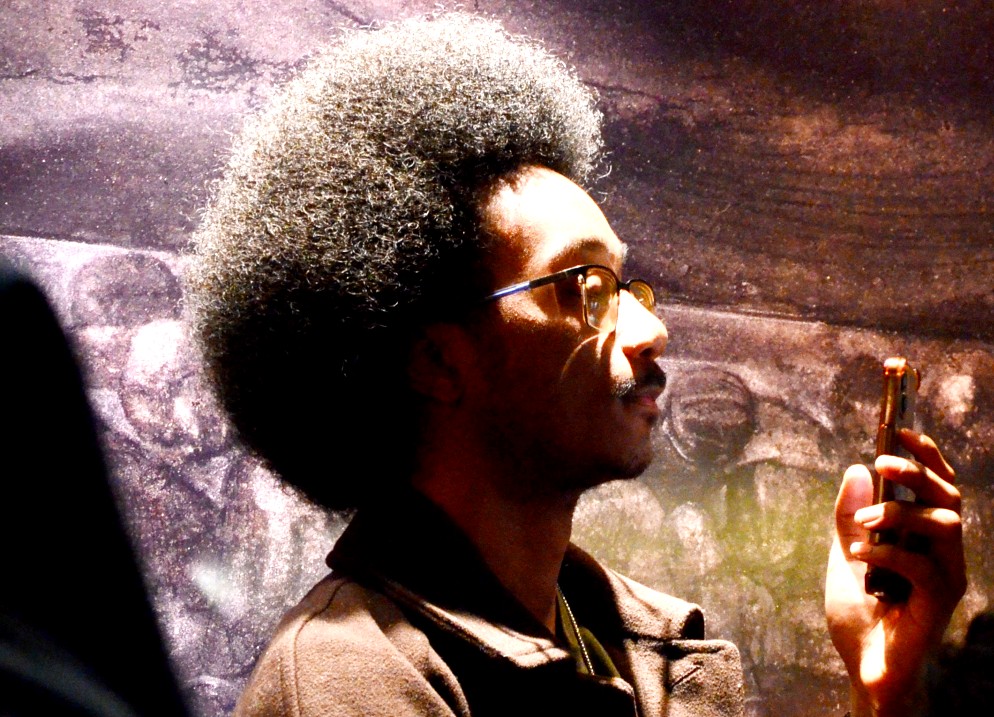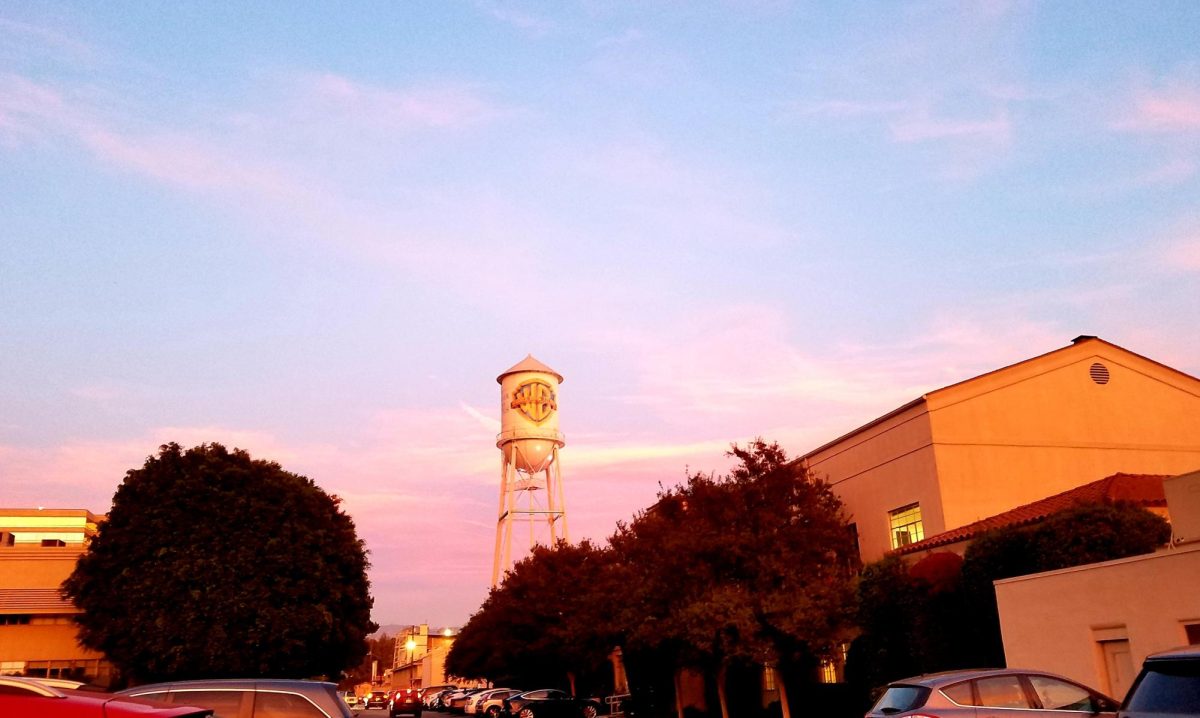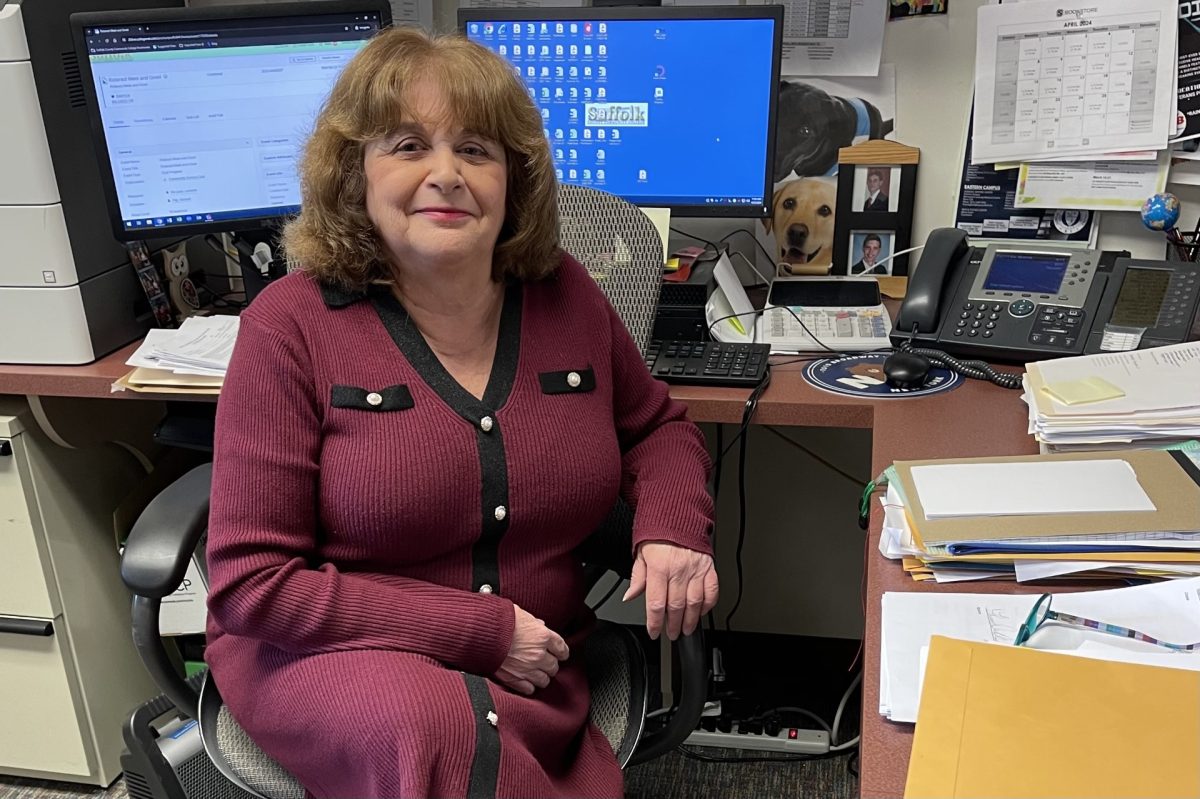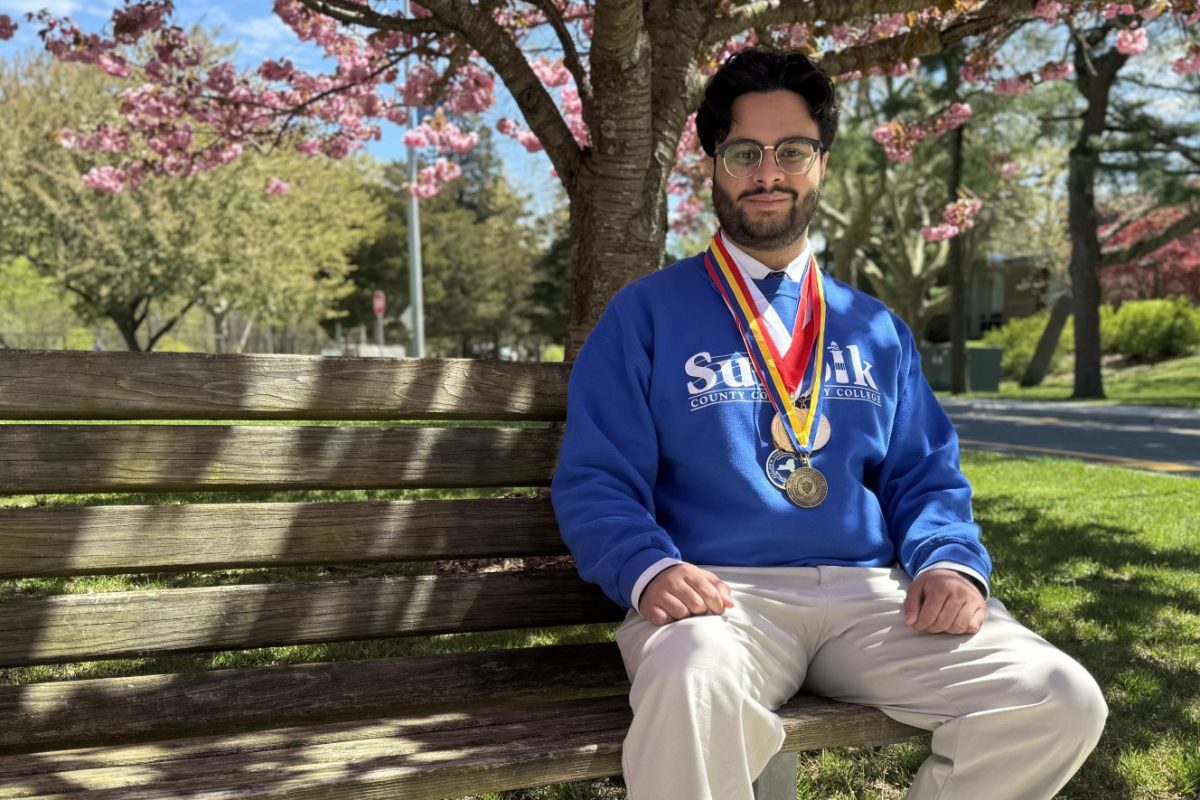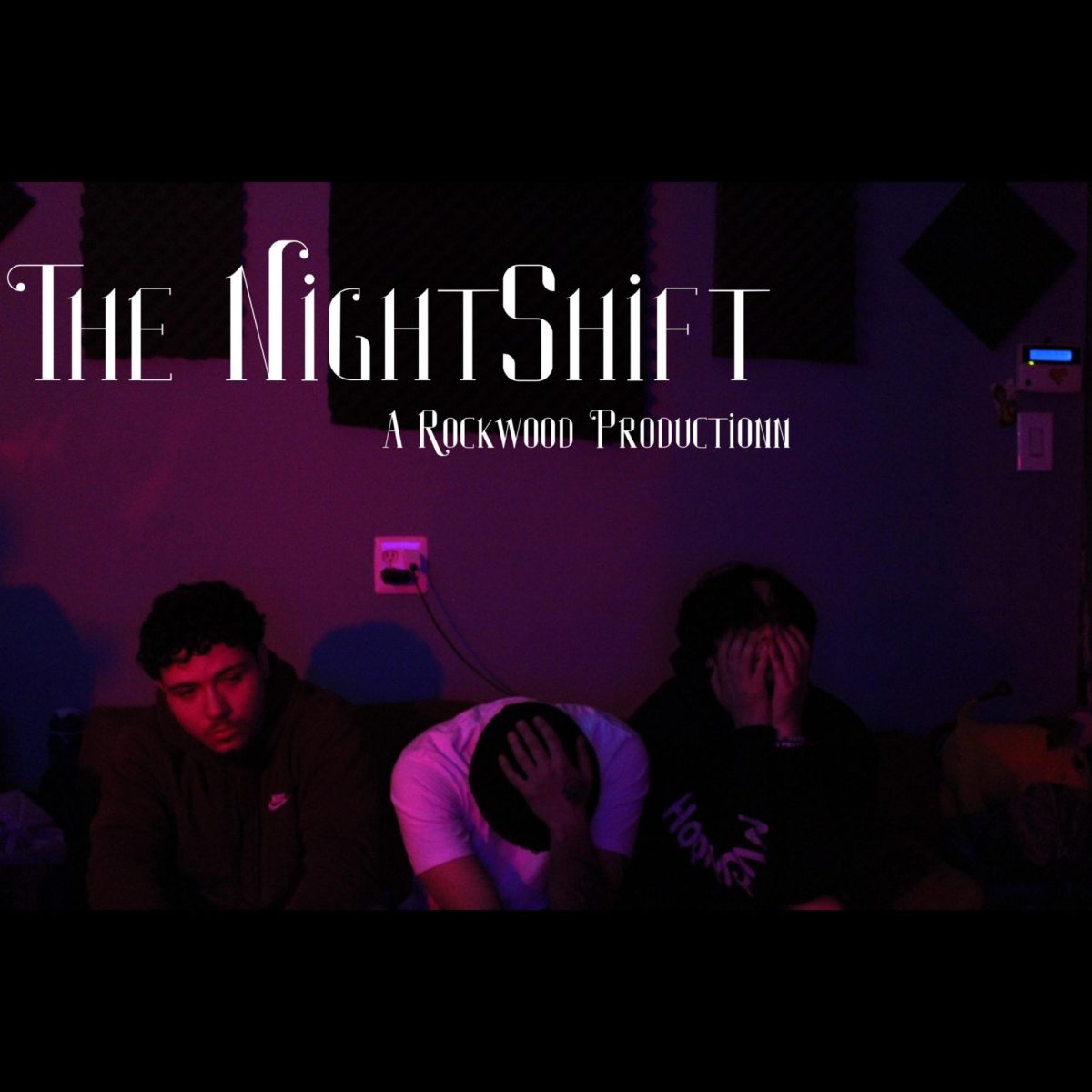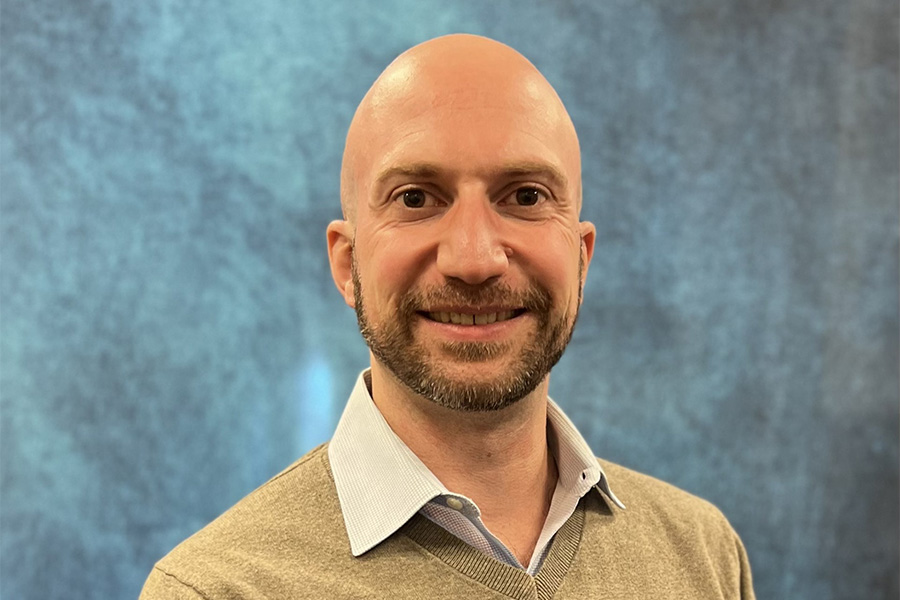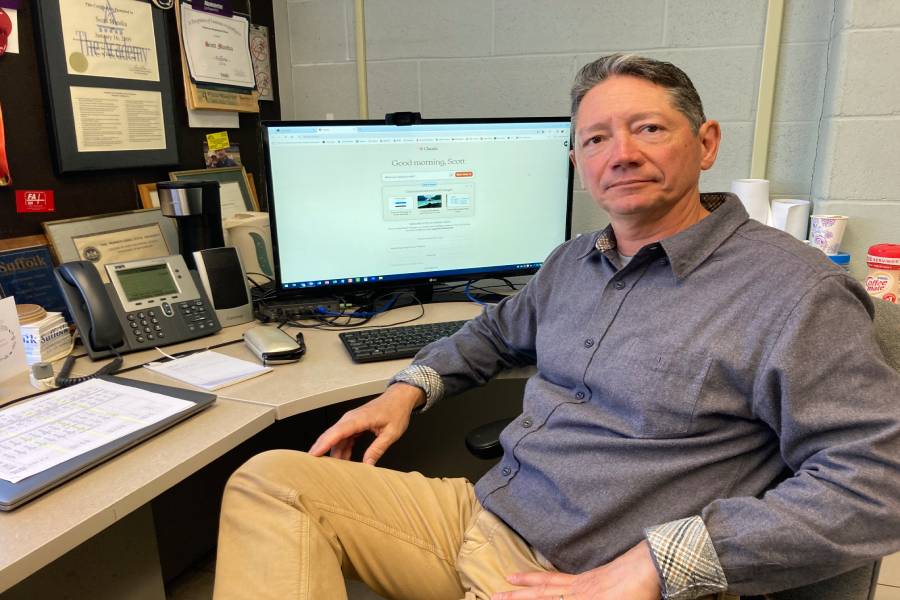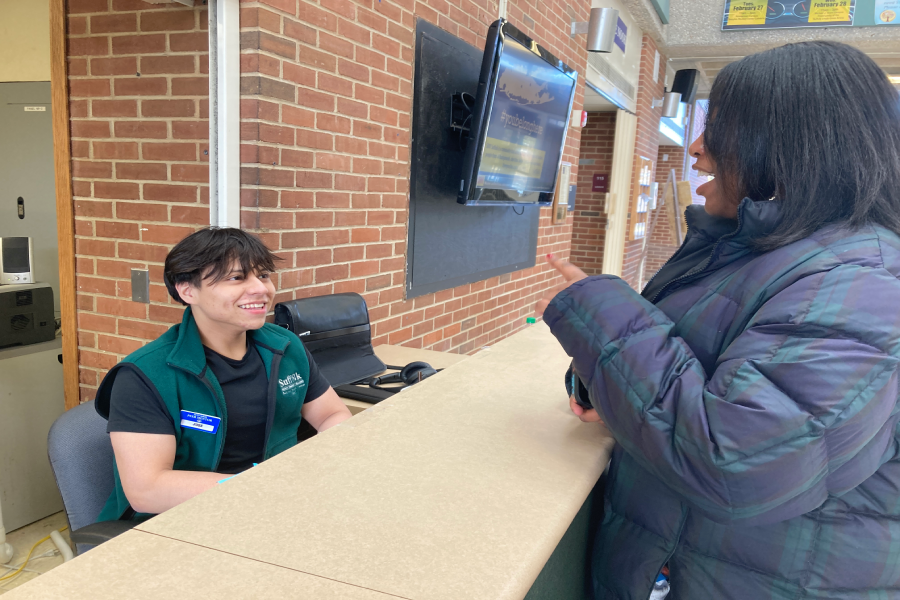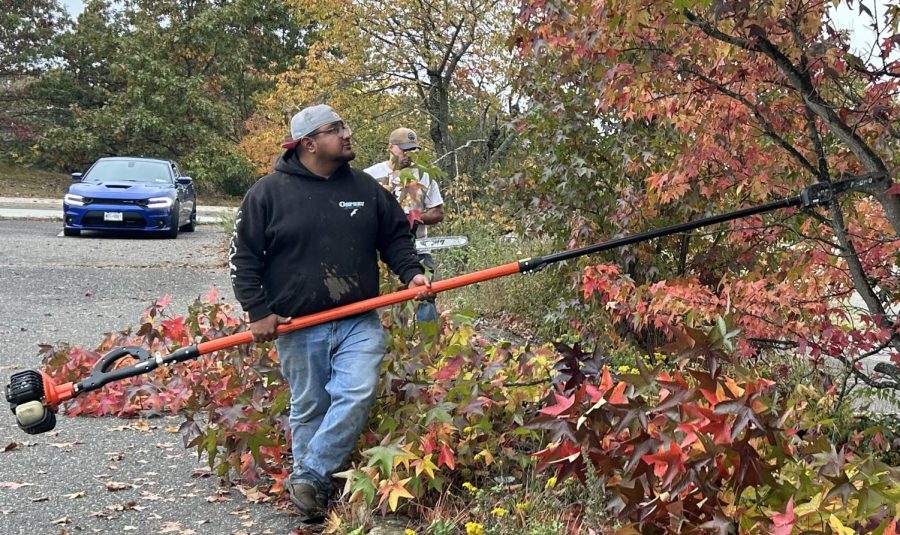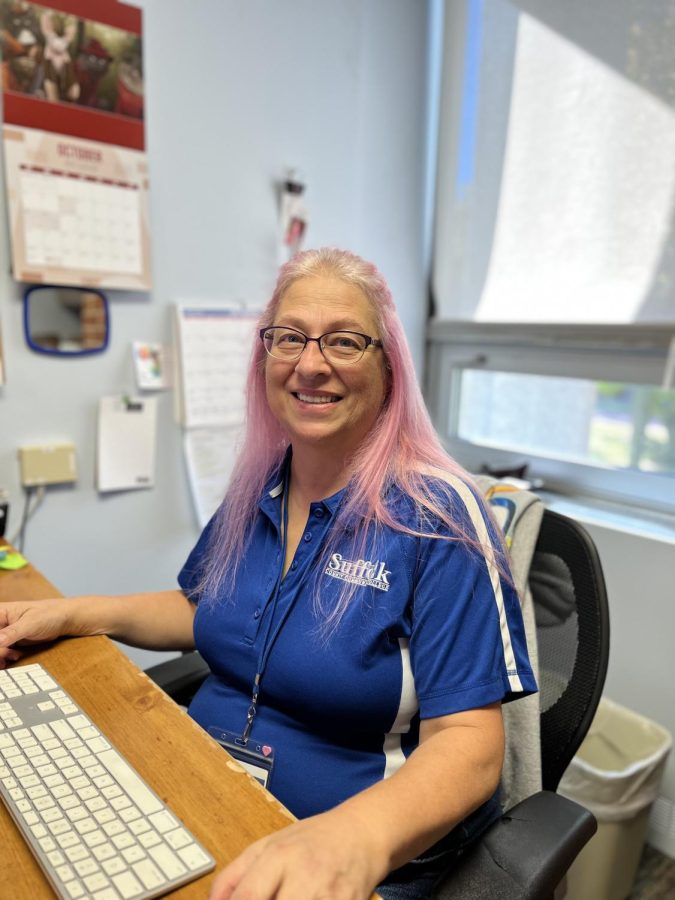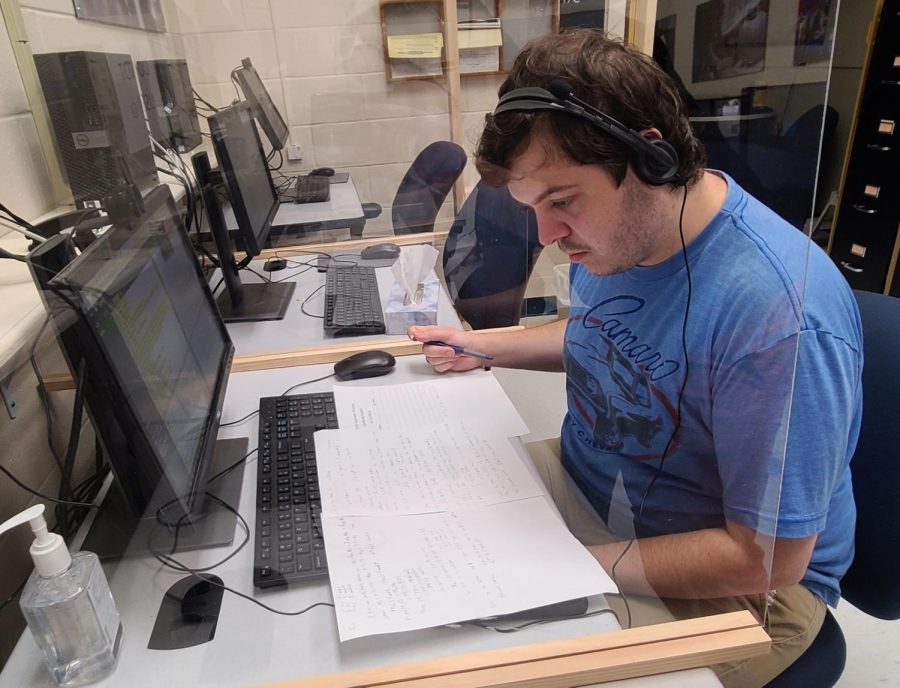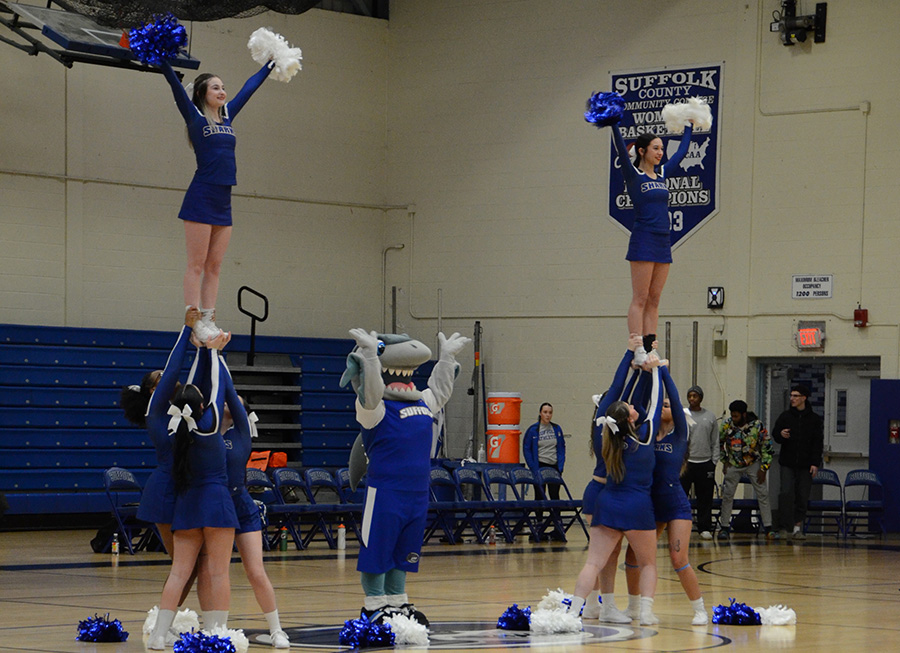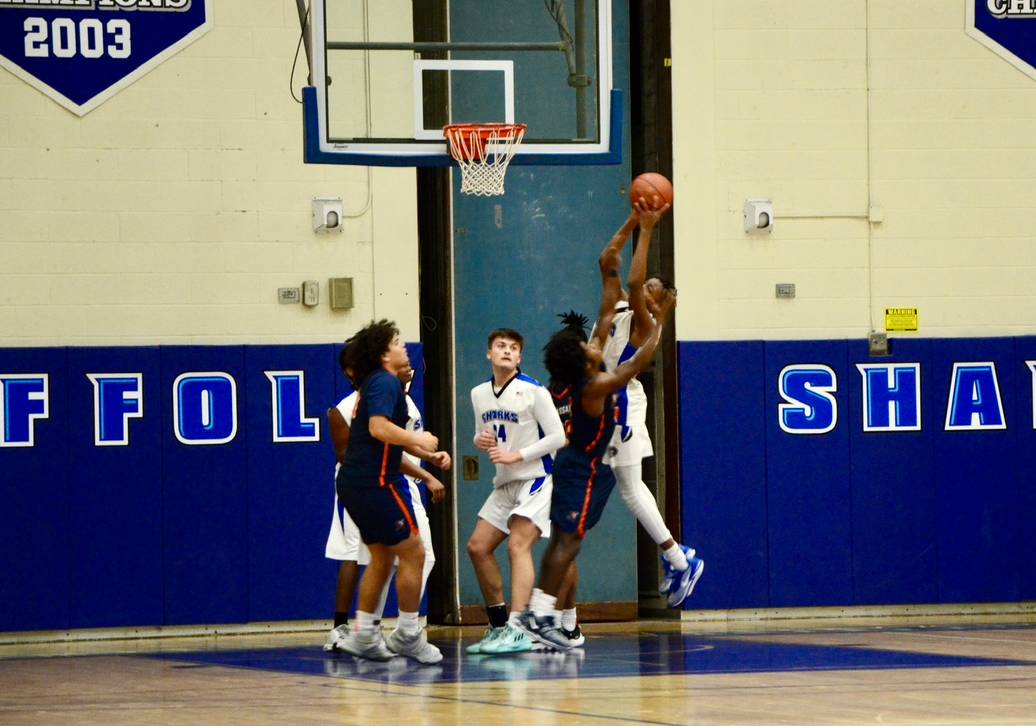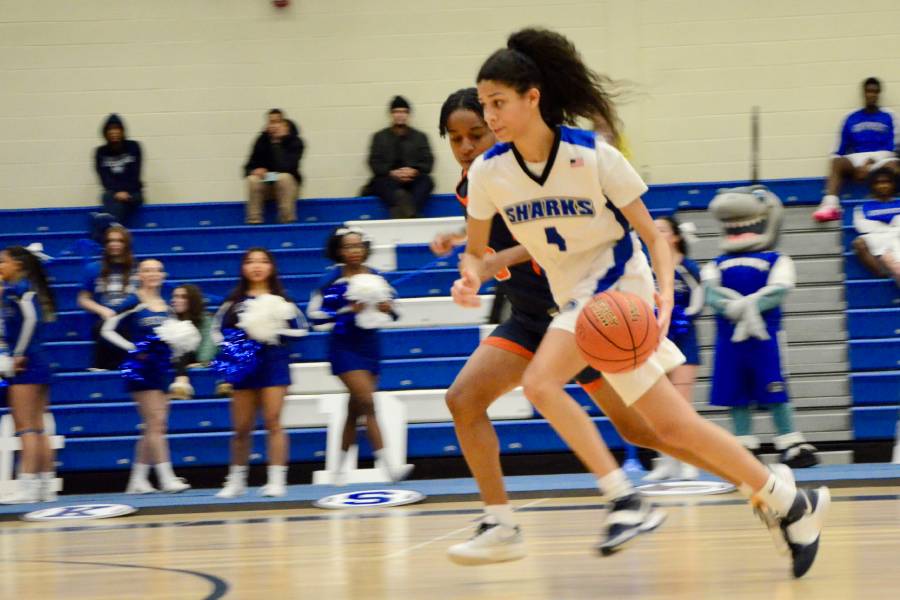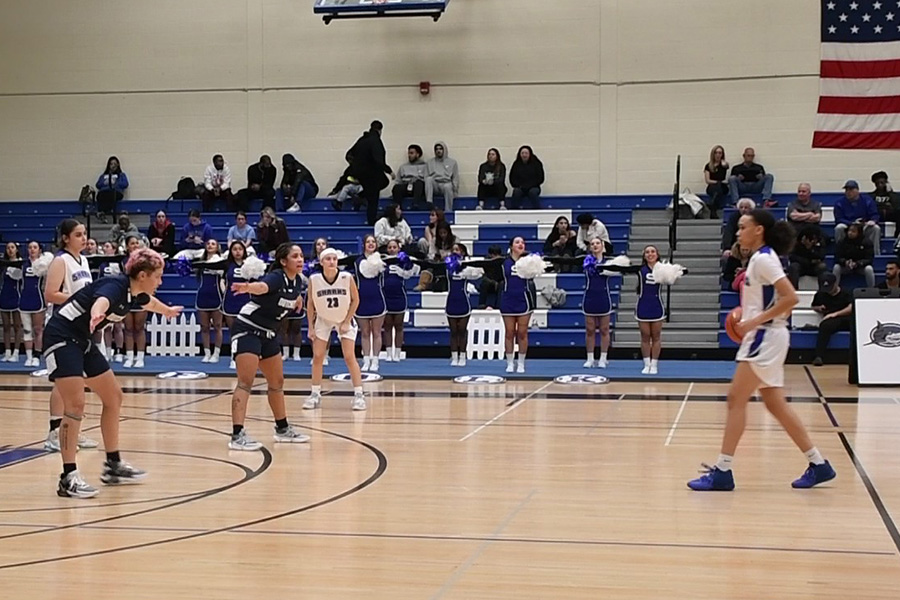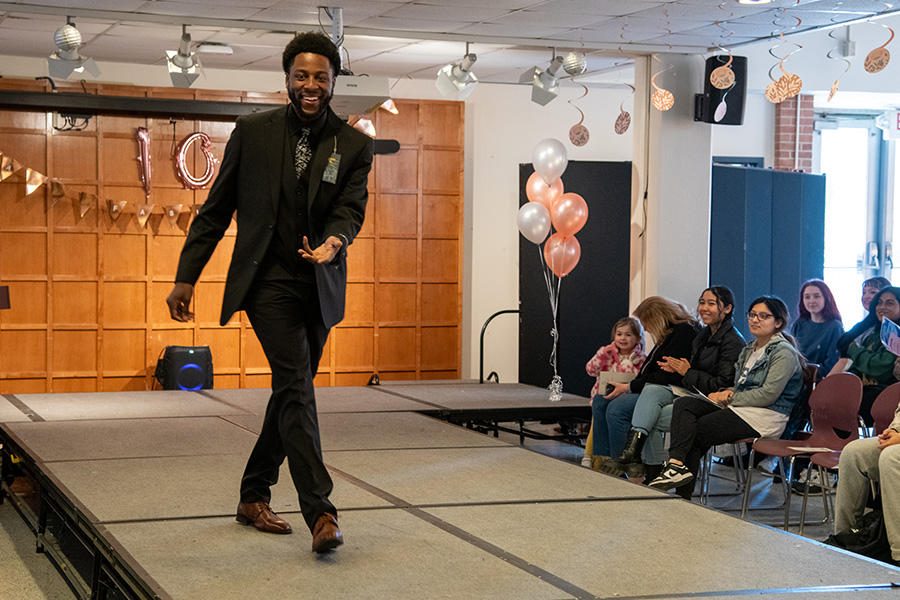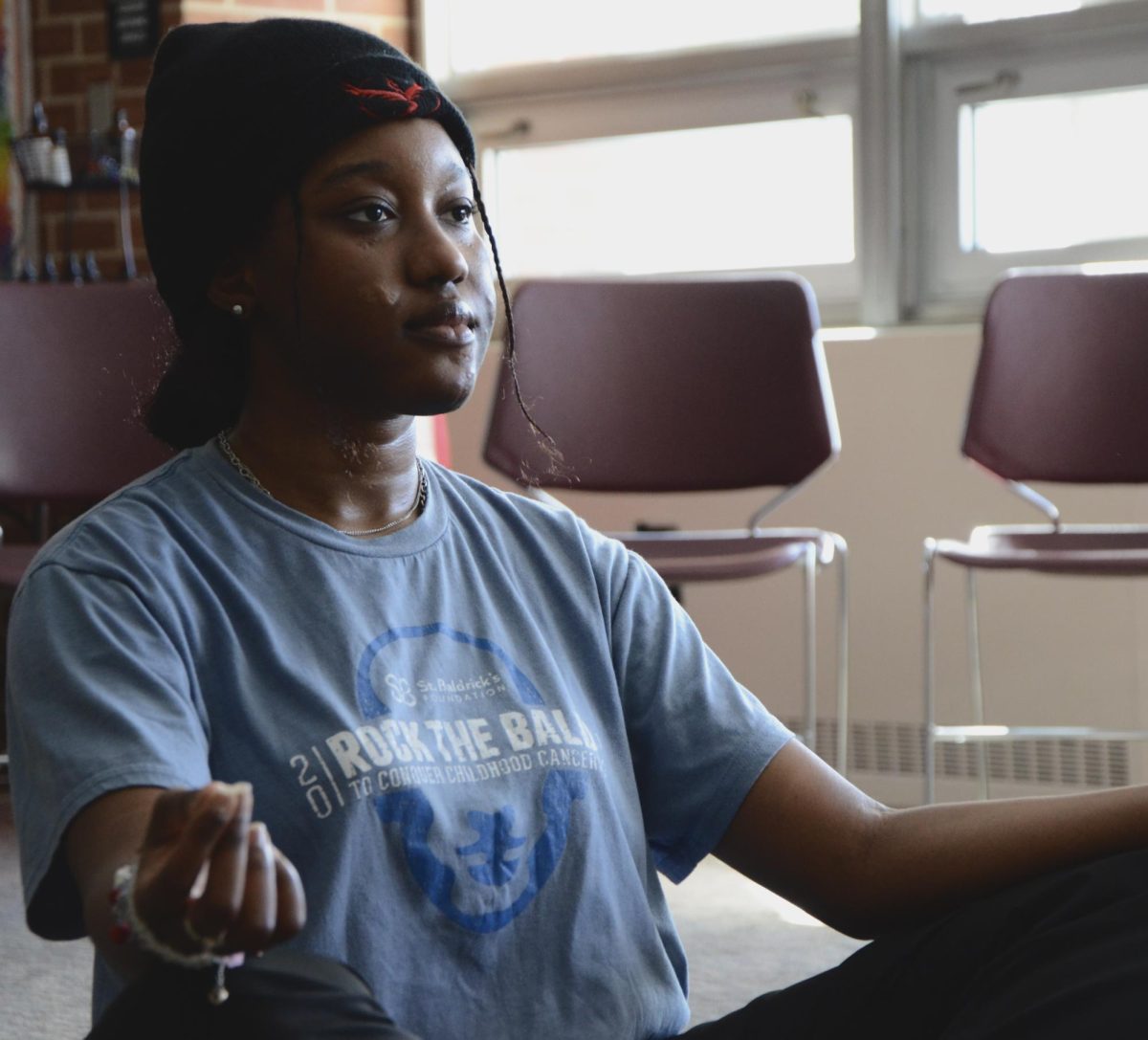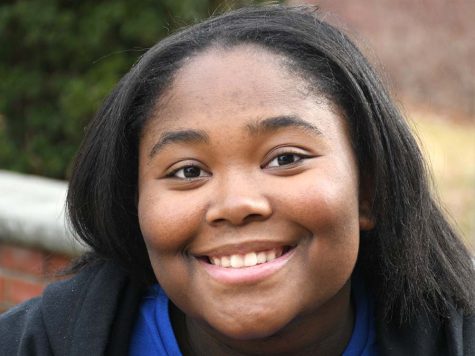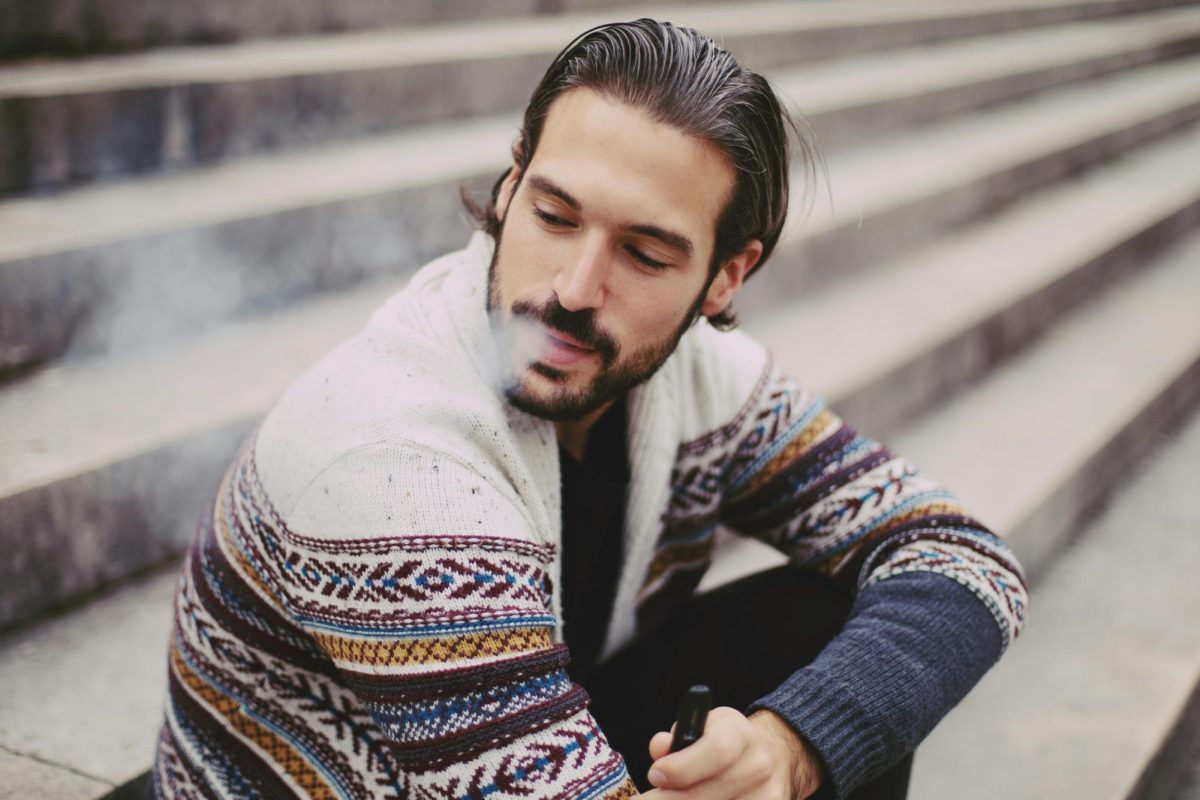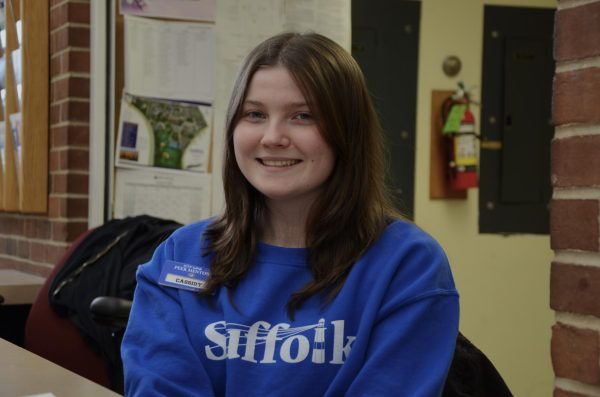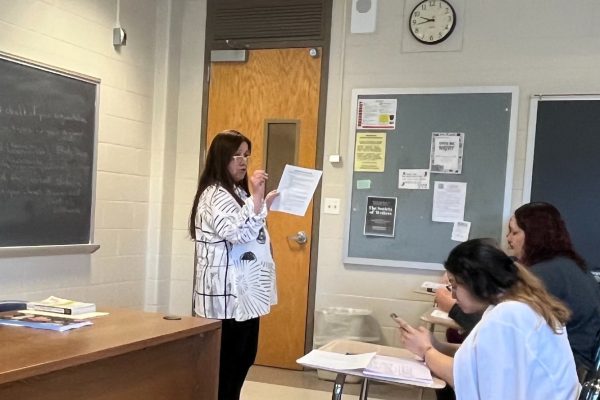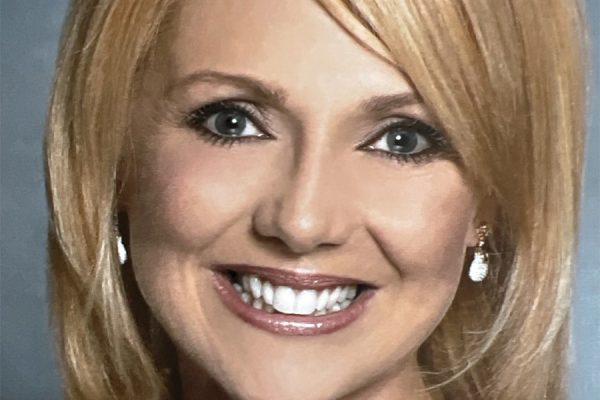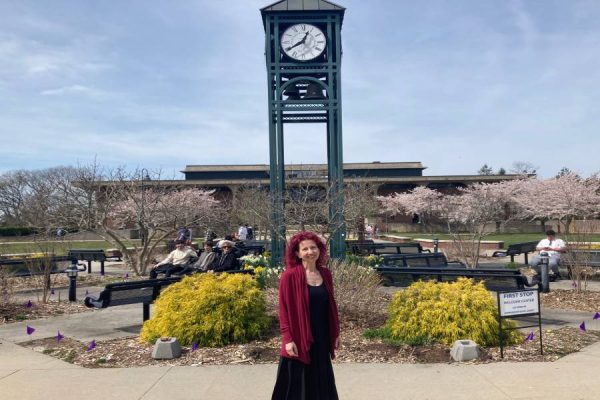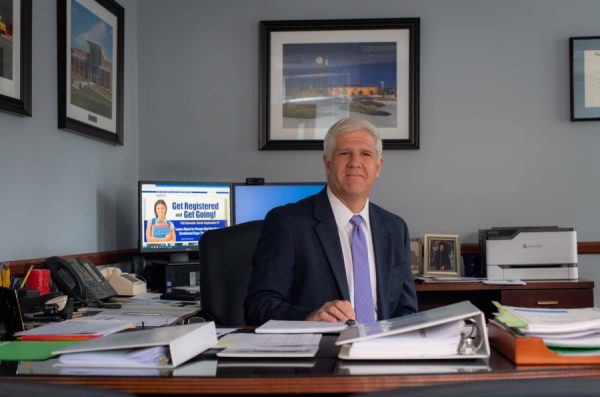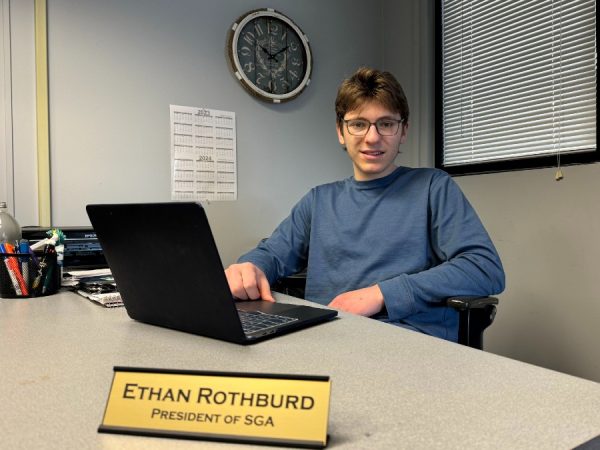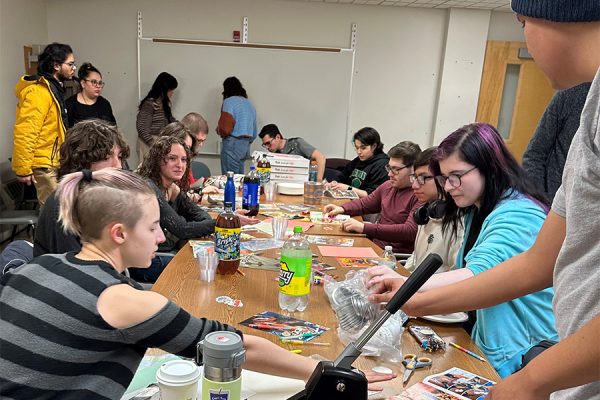Suffolk Handles Covid
December 22, 2022
As a result of Suffolk County Community College’s initiative to combat the Covid-19 pandemic over the past two years, health policies for on campus learning have adapted accordingly. With a Covid task force meeting every month, communicating with the State University of New York organization (SUNY) on a regular basis, and keeping an eye positivity rates, Suffolk has handled the pandemic with grace and patience.
In March 2020, the largest community college in the state of New York closed due to the pandemic and enforcing social distance learning. Throwing students’ college experience into disarray and causing a new sense of anxiety amongst them. Suffolk went fully online in for the summer 2020 semester and continued that way for a full year. When vaccines were made mandatory for in person learning and students started slowly coming back to campus there was hope.
In the Spring 2022 semester, the precautions were that every student had mandatory Covid testing every two weeks through the school and that they needed to have gotten the Covid booster vaccine as well. As opposed to the students, not all faculty are mandated to be vaccinated to be on campus. Now as of the beginning of the fall 2022 semester. policy is when a student test positive for Covid they must report it immediately to health services because they still do contact tracing. And then they contact professors and students by email that they may have been exposed to Covid. Every week Suffolk’s faculty is sent an email notifying them of the positive rates on the campus to keep them informed and advise them to keep following the health and safety guidelines to avoid anymore.
Positive Covid rates have fluctuated since the full return of students to Suffolk’s campus, mostly due to the population of students attending each semester. Some of Suffolk’s students don’t seem to think the pandemic as prevalent of a threat as it once was.
“It’s been over two years since Covid first hit and everything seems to be back to normal,” said Liam Gray of Port Jefferson, 19, a liberal arts major. “I don’t think it’s that big of a deal anymore.”
On March 2, 2022, the Safe Smart Task Force announced to Suffolk students that all three campuses are going to have a mask optional policy, showing the great progress the college has made. And as of the fall 2022 semester that policy still stands. Most students believe the majority of the campus population knows not to attend class if they don’t feel healthy thus keeping the campus safer.
“It’s pretty much common sense now to come in when you’re sick,” said Jason Fitzgerald of Coram, 19, a general studies major. “If it’s one thing Covid taught us, it’s to make sure we stay safe for everyone around you.”
In case of the circumstance of Covid cases rising drastically or another pandemic like event, Suffolk is now fully equipped to operate with some control over the proceeding steps. Suffolk has to not only answer to the SUNY organization but also the New York state government when it comes to the mandates that must be passed and followed.
“If a pandemic comes our way, we have put procedures, processes, and policies in place that will help us going forward,” said Irene Rios, executive dean of Suffolk’s Ammerman campus. “That’s the strength of the process, you build, you grow and then you prepare for the future.”
Getting back to “normal” while keeping the campus population’s safety as their number one priority has been Suffolk’s primary goal ever since the school closed in 2020. Since there has been a sense of normalcy for over a year, the new goal is to keep it that normalcy consistent. All over Suffolk’s campus are masks, hand sanitizer, and flyers reminding faculty and students to get tested regularly and to stay home when feeling under the weather. The campus still observes the local conditions and sanitizes and clean classrooms frequently to make certain that everything can run smoothly.
Overall, it is believed that as of now Suffolk is indeed running a safe campus and that students are in an environment when they can now thrive, instead of being isolated from their peers.
“I believe our campus is safe,” said Edward T. Bonahue, president of Suffolk County Community College. “We will continue to be careful and track our progress.”
